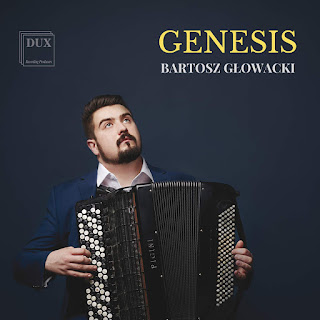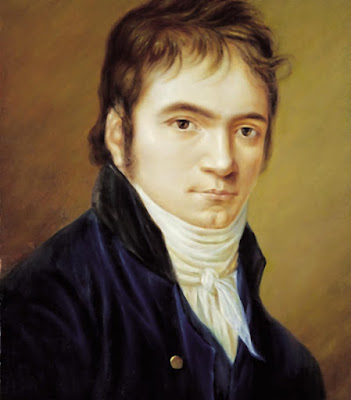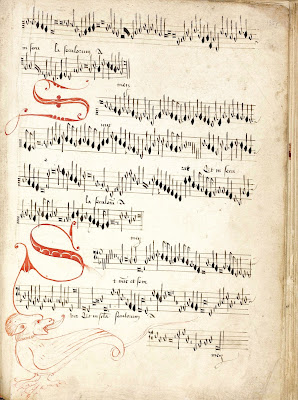 |
| John Gilhooly at Wigmore Hall (Photo Kaupo Kikkas) |
Series exploration includes the complete Mendelssohn string quartets from the Elias String Quartet, with the Cardinall's Musick performing his sacred choral music and a song recital series devoted to songs by Mendelssohn and Liszt. The Pavel Haas Quartet will be performing all Martinu's quartets alongside music by other Czech composers, the first time the cycle of Martinu's quartets has been presented in London in a single series. Quatuor Danel continues its exploration of Mieczyslaw Weinberg's string quartets, and there will be a Weinberg Focus Day led by violinist Linus Roth. A day of concerts will explore the music of Morton Feldman and pianist Igor Levitt will be playing Feldman's Triadic Memories.
Beethoven is represented by the complete violin sonatas from Frank Peter Zimmerman and Martin Helmschen, Andras Schiff performs the piano sonatas alongside music by Bach, and there are performances of the keyboard variations, selected piano trios and two cycles of the piano sonatas from Igor Levit.
Thomas Larcher (whose opera The Hunting Gun was performed at the 2019 Aldeburgh Festival, see Tony's review) is composer in residence, and there will be a focus day devoted to his music, his four string quartets will be heard during the season, the Britten Sinfonia is presenting an evening of his chamber music and there is the world premiere of a new song cycle, commissioned by the Wigmore Hall, performed by baritone Andre Schuen. Other new music during the season includes new commissions from Nico Muhly and from Helen Grime, and focuses on Simon Rowland-Jones and Brian Elias.
Anniversaries celebrated include Stephen Kovacevich's 80th birthday when he will be joined in Beethoven and Mozart by Martha Argerich, Tamsin Waley-Cohen and members of the Belcea Quartet, and the Hagen Quartet marks its 40th anniversary with a cycle of Mozart quartets alongside collaborations with clarinettists Jörg Widmann and Daniel Ottensamer, cellist Gautier Capuçon, and pianists Kirill Gerstein and Igor Levit.
The 75th anniversary of the Borodin Quartet is being celebrated, as are Myra Hess's National Gallery Concerts which ran from 1939 to 1946. Pianist Christian Zacharias will be giving his farewell recital. Anticipating the Marcel Proust Centenary in 2022, Steven Isserlis has created a six-day festival of music which links to the composer.
Other residencies include cellist Jean-Guihen Queyras, clarinettist Martin Fröst, and baritone Florian Boesch, whilst pianist Graham Johnson will be giving a three concert A to Z of Song
There are Sunday afternoon recitals by the five finalists in the 2019 BBC Cardiff Singer of the World Song Prize: Chinese tenor Mingjie Lei, who took the Song Prize; Ukrainian baritone Andrei Kymach (who became 2019 Cardiff Singer of the World); South Korean soprano Sooyeon Lee; Welsh mezzo-soprano Angharad Lyddon; and Russian tenor Roman Arndt. There will be a special song project will be built around the theme of mental health and male suicide prevention.
Partnership with Classic FM means that 25,000 £5 tickets are available to those under 35, whilst courtesy of the Cavatina Chamber Music Trust those under 25 enjoy free entry to selected events. The hall has so far produced 50 live streams, and these will continue during the season. In fact, John Gilhooly's announcement of the 2020/21 season was itself live-streamed.
Last year the hall had nearly 40,000 visits to its Learning programme, produced in collaboration with a range of community, education, arts, health and social care organisations. The Learning Festival in February 2021 will take the theme of 'Connectivity'.
Full details of the new season from the Wigmore Hall website.
































.webp)

.jpg)

%20and%20kids.jpg)

